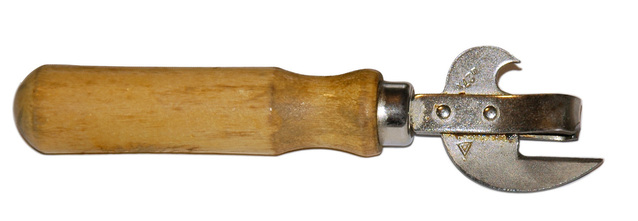Looking back through my previous blog entries, I realize that one of the emerging themes is the public perception of words, phrases, and concepts. ‘The Myth of Freedom’ looks at how the word freedom is misinterpreted by many in our culture. ‘The No Limits Culture’ explores the myth that people can do anything they set their minds to.
Today’s concept is so-called ‘Labour-Saving’ devices. There was a time when people washed clothes by smashing them against a rock, walked miles to fetch water, and performed back breaking work chopping wood to build a fire to cook their food (of course, I realize that in the third world, many people still do these things).
Washing machines, indoor plumbing, and on-demand energy did away with that burden. They truly are labour-saving inventions that have made many people’s lives easier and better. Few people, (including myself) would claim that they’re a bad thing. But like many concepts in our modern world, the idea of labour saving has been taken to ridiculous extremes. In many cases advertisers are to blame, constantly bombarding the airwaves with the idea that doing less is always better. If you listened to them, you’d conclude that the ideal state for a human being was to lie in a recliner all day while robots waited on them hand and foot.
When he was a teenager, my brother was cursed with a rare muscle-wasting disease that put him in a wheelchair by his thirties, and eventually killed him. By the end, he required a hoist to get him in and out of bed, an electric wheelchair to move around, someone to help him eat, and another hoist to get him into a vehicle for transport. It occurs to me that his lifestyle strongly resembled this glowing ideal portrayed by the advertising industry — he never had to get up, or expend any effort at all. Everything was done for him, cooking, cleaning, laundry. He was even taken to the toilet.
I can imagine asking my brother when he was alive if he understood how lucky he was to be living this Utopian life. I have no doubt what he would have said, and I know I would have been grateful he was incapable of throwing anything at me. In truth his life was a living nightmare, and it’s a tribute to his strength of character that he accepted it for many years without complaint.
Yet this is the life that we are told we should aspire to live.
There used to be an ad on TV — I think it was canvassing for charitable donations for Arthritis, that showed anonymous people performing mundane daily tasks: turning a doorknob, turning on a water tap, walking to the nearest shop. As they performed these tasks, they would turn to the person beside them and say something like: ‘Look! Isn’t this great!’.
And, you know — it is great. It is great if you are able to walk up a set of stairs, cook your own food, do your own dishes, and scrub your own floors. Being able to walk, work, be independent, and take care of yourself is not a chore — it’s a joy. It’s a joy. And every morning when I wake up I give thanks to God that I’m able to do these things, these things that the ad men want you to believe you should buy their products to avoid.
Yes, a small number of back-breaking chores are best left to machines, but everything else is a gift that we should all be overjoyed to be able to perform.
Those of us who are blessed with physical independence should celebrate our good fortune, and take every opportunity to make use of that blessing.


Add Comment